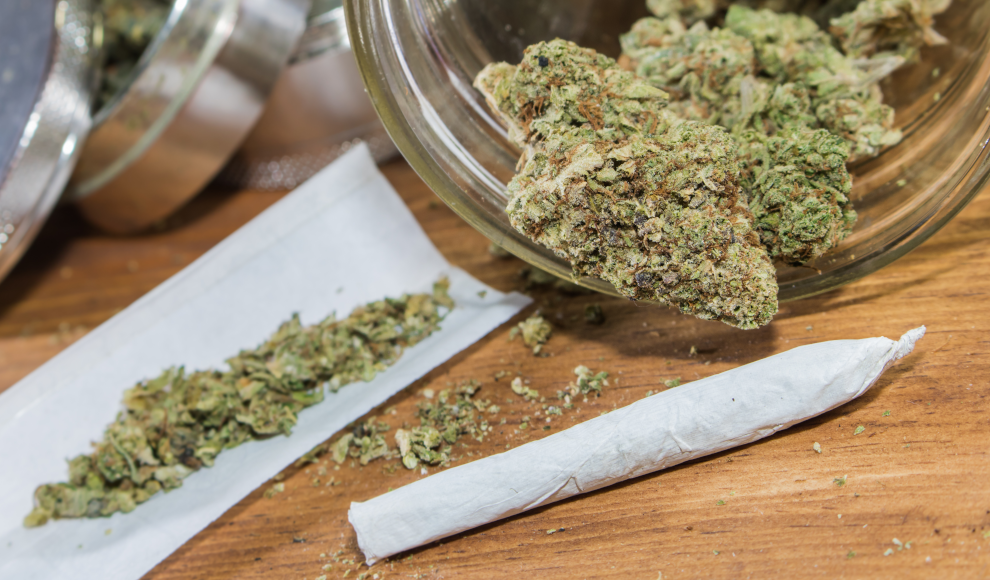The planned legalization of cannabis in Germany could lead to an increase in drug consumption and have negative effects on youth protection. The authors of a recent study recommend strict regulation of the market to prevent these outcomes. Health Minister Prof. Dr. Karl Lauterbach (SPD) has sparked discussions with his proposals for cannabis legalization, including legal consumption in special clubs and sales in licensed shops. The Institute for Interdisciplinary Addiction and Drug Research (ISD) conducted a meta-study on behalf of the Federal Ministry of Health (BMG), which examined the potential impact of cannabis legalization on youth protection and consumption. The study analyzed over 160 studies from countries such as the USA, Canada, and Uruguay, where cannabis is legal, and interviewed several experts from these nations.
The study found that legalization in Germany could lead to an increase in consumption, with long-term effects on youth. The availability of cannabis does not necessarily lead to an immediate increase in consumption among young people, but there is a risk of long-term increases. The director of the State Office for Addiction Issues in Saxony-Anhalt, Helga Meeßen-Hühne, sees the study as confirmation of her observations that more people are consuming cannabis despite the ban. However, the authors of the study warn against the normalization of cannabis consumption and recommend strict regulation of the commercial market.
The study suggests that a state monopoly on sales or a limitation of sales licenses could be effective in regulating the market. A comprehensive marketing ban could also limit the attractiveness of legal products to non-consumers. The legalization of cannabis in other countries has led to a perception that cannabis is not as harmful and has been normalized. The CDU parliamentary managing director in the Thuringian state parliament, Andreas Bühl, believes that legalization would trivialize the drug. The study’s authors recommend strict regulation to prevent negative effects on youth protection and consumption.










